
Welcome to New Retro Week, a celebration of the biggest artists, hits, and cultural moments that made 2012 a seminal year in pop. MTV News is looking back to see what lies ahead: These essays showcase how today’s blueprint was laid a decade ago. Step into our time machine.
By Jaelani Turner-Williams
With six albums and a multitude of artistic transformations under her belt, in 2012, Rihanna was the most daring mainstream act in pop music. An experimental vanguard of the genre, Rihanna was worlds away from the Bajan, honey-tressed sweetheart introduced to fans on her 2005 Caribbean-tinged debut album, Music of the Sun. At each of her musical eras, Rihanna defied expectations of what audiences presumed a Black female singer to be, eschewing “urban” marketing for crossover fanfare. Meeting her Unapologetic phase, Rihanna had one set vision: to reclaim her happiness.
Just five days prior to the album’s release, on November 14, the singer embarked on her now-infamous 777 Tour. With an assemblage of 150 journalists, select fans, and crew all aboard a Boeing airplane, the roadshow required trekking to seven countries in seven dates in celebration of Unapologetic, even as those plans invited impending chaos. On the tour’s inaugural day, headed to Mexico City, Rihanna poured glasses of Ace of Spades and D’Ussé for those onboard the jet, while journalists expected her to dole out interviews regarding her new songs.
As days turned into a full week, the media onboard grew tired of there being no Rihanna in sight, but it was likely that she wanted to create intrigue. For the singer and her team, it was all in good fun, as the flight stunt personified the in-your-face candor of Unapologetic. It was a deeper look into Rihanna’s raw, unfiltered self, which largely made way for a new trap-influenced sound that foreshadowed her long-awaited 2016 follow-up, Anti. On Unapologetic, she embraced boldness in a new way.
At the beginning of her career, Rihanna’s identity was arguably manufactured to follow the same route as bubblegum pop acts of the early 2000s but with an island twist. She was destined for a rebellious breakthrough. By 2007, the singer met the moment on her third album, Good Girl Gone Bad, with mystifying appeal, a sleek jet-black bob haircut and edgy reintroduction on the iconic single “Umbrella.”
Rihanna’s defiance as a global pop phenom made her a force of nature, closing in on an iconic bad gal status while still being nascent in her career. In November 2009, Rihanna entered a grim side on fourth album Rated R, which presented the singer through a gothic, desolate lens. The album metaphorically retraced Rihanna’s breakup with R&B singer Chris Brown, with controversy surrounding their turbulent relationship (Brown was convicted of felony assault for beating Rihanna in 2009.) The album was an unexpected turn in Rihanna’s sound, but it redefined who she was as a young woman, making her an international powerhouse and giving way to a self-assured rebirth.
On her following two albums, 2010’s Loud and 2011’s Talk that Talk, Rihanna evolved past the “good girl gone bad” motif — she embodied it. Her sound was fueled with sex positivity, amusing salaciousness, and women’s empowerment that arguably made her the femme fatale of pop. Along with high-grossing tours worldwide, modeling, and philanthropy work, the singer was also poised to make her full-length acting debut in the 2012 action film Battleship. Rihanna’s impact was accelerating: At a steady pace of releasing albums yearly, by 2012, Rihanna’s transition into Unapologetic territory was her most unexpected act yet.
Album opener “Phresh Out the Runway” recalled tantalizing Talk That Talk single “Birthday Cake,” but instead of alluding to sexual desires, Rihanna flaunted her designer drip from Givenchy to Bulgari. Co-produced by French DJ David Guetta, “Phresh Out the Runway” was a reunion between Rihanna and songwriter-producer The-Dream, who penned her 2007 reintroduction “Umbrella.” A week prior to the release of Unapologetic, “Phresh Out the Runway” made its primetime debut during the 2012 Victoria’s Secret Fashion Show as Rihanna strutted down the catwalk, fearlessly asserting her pop domination.
Although Unapologetic was overrun with hip-hop and EDM soundscapes, there were moments where Rihanna’s vulnerability shined through. First Unapologetic single “Diamonds” was an orchestral, synth-heavy ballad that pulsated with euphoric devotion. Rihanna’s twelfth No. 1 song on the Billboard Hot 100, “Diamonds” was later certified sextuple platinum, becoming an instant signature classic and one of the best-selling singles of all time.
Piano-driven ballad “Stay” featured Nashville singer-songwriter Mikky Ekko, who laced the track with his melancholic narrative of harrowing love as Rihanna intimately matched Ekko’s somberness with stripped-down poignancy. In the visuals, Rihanna’s appearance is just as emotive as her vocals, with tears delicately streaking her face as she sinks into jade-hued bathwater. Receiving similar global reception as “Diamonds” and selling more than 10 million copies worldwide, “Stay” equally set the tone for Unapologetic, where Rihanna enlisted male features including Future (“Loveeeeeee Song”), Eminem (“Numb”), and even Chris Brown (reuniting on controversial track “Nobody’s Business”).
Rihanna seductively teased listeners throughout Unapologetic, whether getting blitzed on strip-club anthem “Pour It Up” or interpolating 1996 Ginuwine hit “Pony” on “Jump.” The tough-as-nails resilience of Unapologetic subtly recalled Rated R — even with Rihanna donning fringed locks on the album cover — but the singer ushered in a powerhouse disposition with her eyes on an entrepreneurial future.
Unapologetic shot to the top of the Billboard Hot 200, becoming Rihanna’s first No. 1 album and selling 4 million copies worldwide. Later nabbing a win for Best Urban Contemporary Album at the 2014 Grammys, Unapologetic solidified Rihanna’s defiant aptitude that made her an international pop dynamo. Along with dominating the charts, Rihanna’s influence on women’s streetwear made her a prominent fixation on Instagram and Tumblr as she eased into her next act: becoming a mogul of epic proportions.
Honored as a “national hero” of Barbados after the country officially became a republic in November 2021, Rihanna boasts a legacy that’s not just a testament to reaching stardom beyond music, but becoming a multi-hyphenate businesswoman. Aptly named after her 2012 song, Rihanna’s annual Diamond Ball has become a lavish event supporting her philanthropic Clara Lionel Foundation. 2017 marked the inaugural year for Fenty Beauty, Rihanna’s opulent cosmetics line that boasts a wide range of makeup, from lipwear to foundation, for various skin tones. In 2018, Rihanna made a splash in the fashion industry by founding lingerie brand Savage X Fenty, promoting self-confidence and body inclusivity for all genders with celebrity ambassadors including Normani, Kehlani, and Tinashe. Inspired by the success of Fenty Beauty, in 2020 Rihanna launched Fenty Skin, a clean and cruelty-free skincare brand with wellness in mind.
While Unapologetic arrived years prior to Rihanna’s entrepreneurial calling — and her 2016 magnum opus Anti — the singer still led the changing tides of pop music that has since grown more inclusive of Black women. At the heart of Unapologetic, Rihanna sought to remain true to herself, an effort that has poured over into her eponymous, multifaceted Fenty brand. A genre-bending pioneer, Rihanna and her enticing adaptability are ubiquitous with the legacy of Unapologetic, all in the name of good fun.
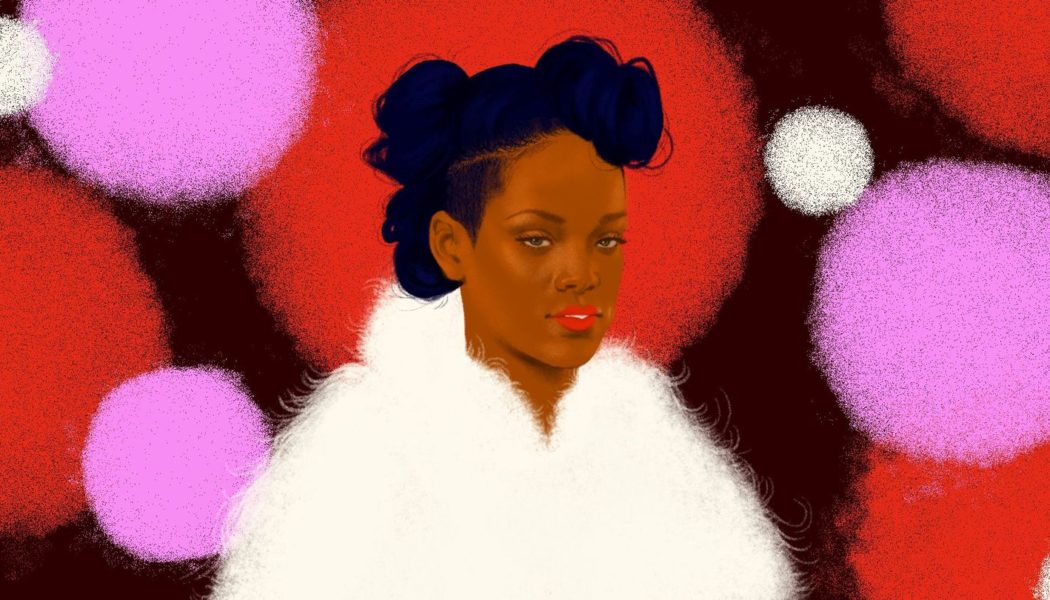

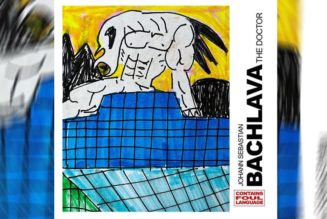
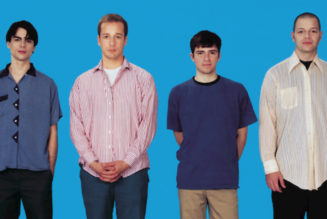
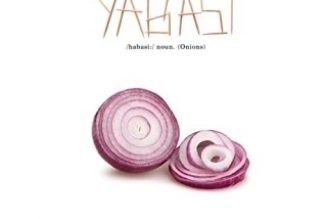
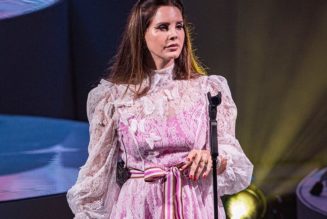
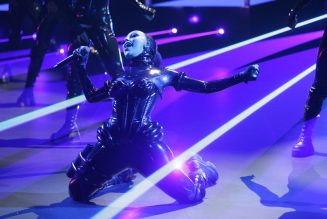

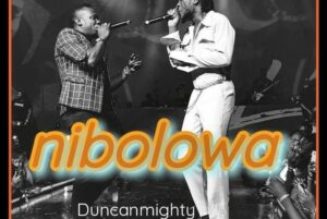
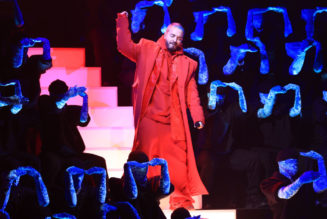

Tagged: music